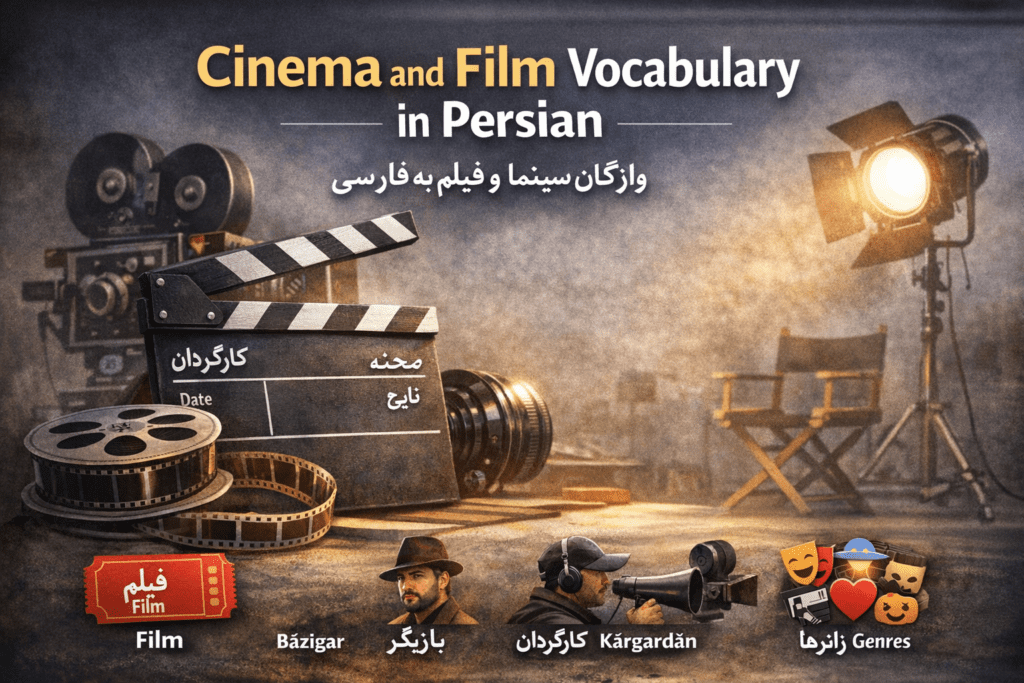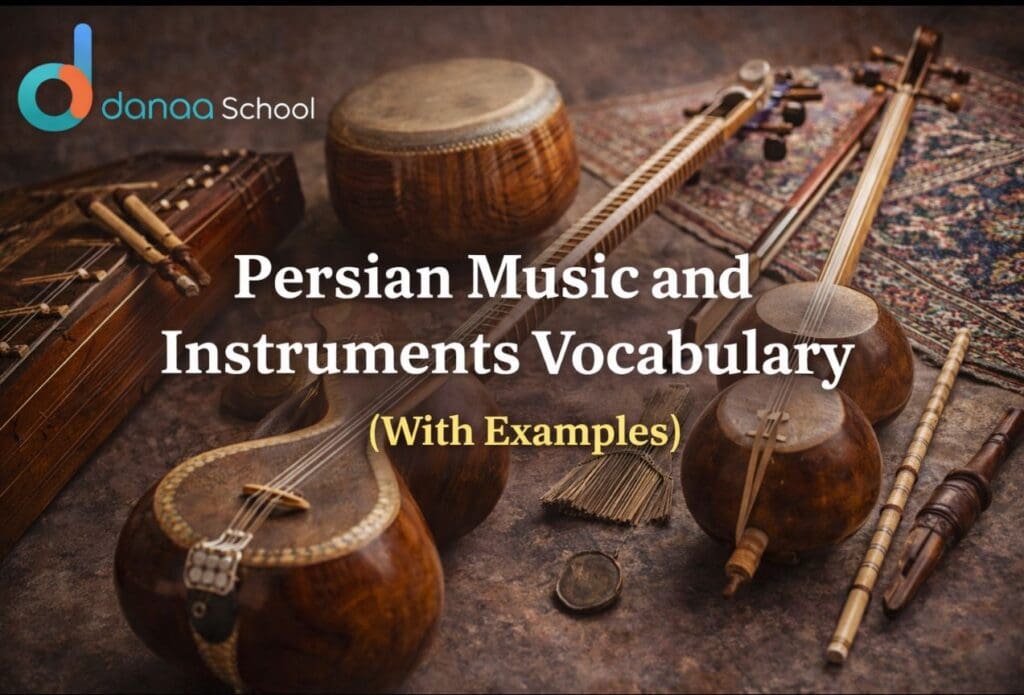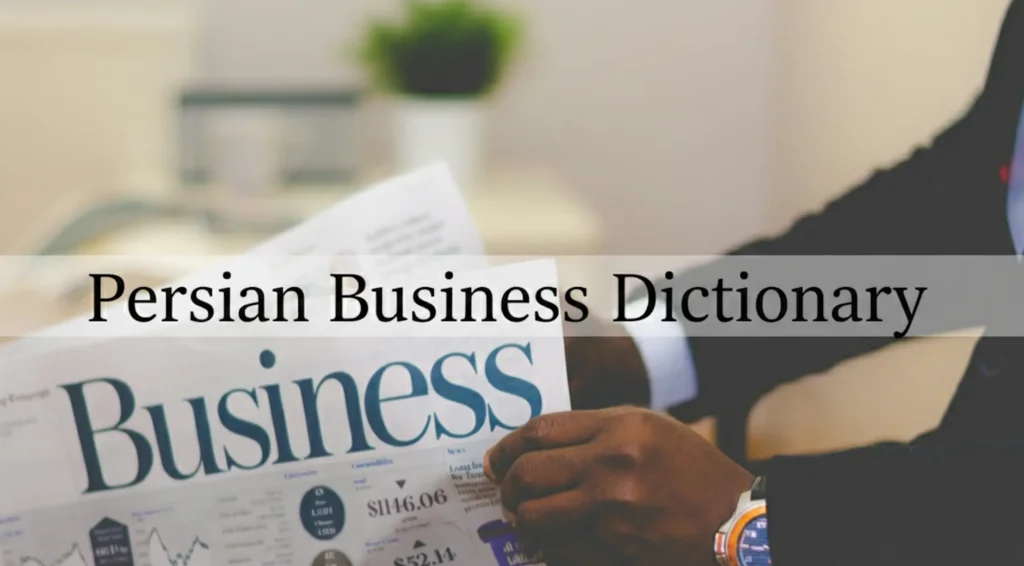If you’ve ever heard the word “Shapow” and wondered what it means in Farsi, you’re not alone. Persian slang can be both fascinating and a bit tricky to grasp for language learners. Slang words like “Shapow” aren’t just random—they reflect cultural nuances and the personality of everyday Farsi conversations. What Does Shapow Mean in Farsi? In this blog, we’ll unravel the meaning behind this catchy word, explore its usage, and look at how it fits into the broader context of the Farsi language.
What Does Shapow Mean in Farsi?
Let’s dive straight into it. “Shapow” is a colloquial term in Farsi, often used to describe the sound or action of something sudden, like a slap or a loud smack. It’s somewhat onomatopoeic, mimicking the noise of a quick, sharp action. While “Shapow” isn’t part of formal Farsi vocabulary, it’s a word you might hear in casual conversations or jokes.
Shapow Meaning in Farsi: An Onomatopoeic Term
In simple terms, the meaning of “Shapow” in Farsi is similar to the English term “whack” or “smack.” It’s the type of slang you might use when playfully describing someone getting hit or something sudden happening, often with a humorous or light-hearted connotation. For example, if someone trips and falls, a friend might say, “He fell shapow to the ground!” It’s not an offensive term but more of a playful or informal way to describe a sudden event or action.
Farsi Language Terms: The Use of Onomatopoeia
Farsi, like many other languages, has its fair share of onomatopoeic words that reflect sounds. Shapow is one of those terms. In Persian slang, such words make the language more colorful and expressive. They add a layer of meaning that goes beyond formal definitions, giving speakers a chance to inject personality into their conversations.
For language learners, getting familiar with Persian slang words like “Shapow” can make understanding informal conversations easier. It’s also a fun way to blend in with native speakers, especially if you’re learning to grasp the nuances of casual, everyday Farsi.
The Cultural Significance of “Shapow” in Farsi
While the cultural significance of “Shapow” might not be as deep as other Farsi expressions, it’s still a good example of how language reflects everyday experiences. Farsi, and especially its slang, often mirrors the humor and laid-back nature of Persian interactions. The casual use of “Shapow” highlights how Iranians use language to make light of situations, even when describing something like a minor accident.
How Is “Shapow” Used in Conversation?
You might be wondering: How do people use “Shapow” in conversation? Well, it’s typically thrown in when narrating something funny or abrupt. Here’s an example of how it could play out:
Scenario: You’re describing an unexpected event.
-
- “I was walking, minding my own business, and out of nowhere, shapow, I stepped in a puddle!”
The use of “Shapow” adds flair to the story, emphasizing the suddenness of the action. It’s informal, fun, and often used among friends.
Common Farsi Words and Their Meanings
Farsi is a rich language with layers of meaning, but to really understand Persian culture, knowing slang and informal phrases like “Shapow” is key. Here are a few other common Farsi words you might come across:
-
- Kesafat – A rude or impolite person, often used in frustration.
-
- Zohr – Refers to noon or midday in Farsi.
-
- Bozorg – Meaning “big” or “large.” You’ll hear this word a lot in everyday Farsi.
-
- Baradar – The Farsi word for “brother,” often used affectionately.
-
- Taarof – A complex Persian concept of social politeness, where people offer things out of courtesy, even if they don’t mean it.
-
- Aroosi – The Farsi term for “wedding.”
Understanding Persian Dialects and Informal Farsi Language
As with many languages, Farsi has a variety of dialects. The meaning of some words might change slightly depending on where you are in Iran. That said, “Shapow” seems to have a pretty consistent usage across different regions, making it a universal piece of Persian slang.
Learning these informal terms can help language learners navigate conversations with more ease. It’s one thing to know the formal grammar of Farsi, but understanding slang and casual phrases is what will really set you apart.
Tips for Learning Conversational Persian
Learning Farsi isn’t just about memorizing vocabulary and grammar rules. To speak like a native, you’ll need to get comfortable with the informal side of the language, including slang and colloquial terms like “Shapow.” Here are some tips:
- Listen to Native Speakers: Watching Iranian TV shows, movies, or YouTube videos is a great way to hear how people naturally use slang.
- Practice with Friends: If you know any native speakers, don’t hesitate to practice your Farsi with them, even if you make mistakes.
- Focus on Cultural Context: Understanding the cultural background of the language will help you grasp why certain slang words, like “Shapow,” are used.
FAQs
What does "Kesafat" mean in Farsi?
“Kesafat” translates to someone who is impolite or behaving badly. It’s often used to express frustration.
What does "Zohr" mean in Farsi?
“Zohr” refers to noon or midday.
What is "Bozorg" in Farsi?
“Bozorg” means “big” or “large” and is used in various contexts to describe size or importance.
What does "Baradar" mean in Farsi?
“Baradar” translates to “brother” and is used both literally and affectionately.
What is "Taarof" in Farsi?
“Taarof” is a social custom in Iran where people offer things out of politeness, even when they may not want to.
What is "Aroosi" in Farsi?
“Aroosi” means “wedding” in Farsi.
Final Thoughts
Learning Farsi can be a rewarding experience, especially when you start to dive into the informal side of the language. Words like “Shapow” are a fun way to engage with the culture and the humor embedded in Persian conversations. Whether you’re a language learner or just curious about Persian slang, knowing these little bits of vocabulary can enrich your understanding and give you an edge in everyday conversation.
Ready to take your Farsi skills to the next level? Check out Danaa School for immersive and engaging language learning experiences! Enroll now.









